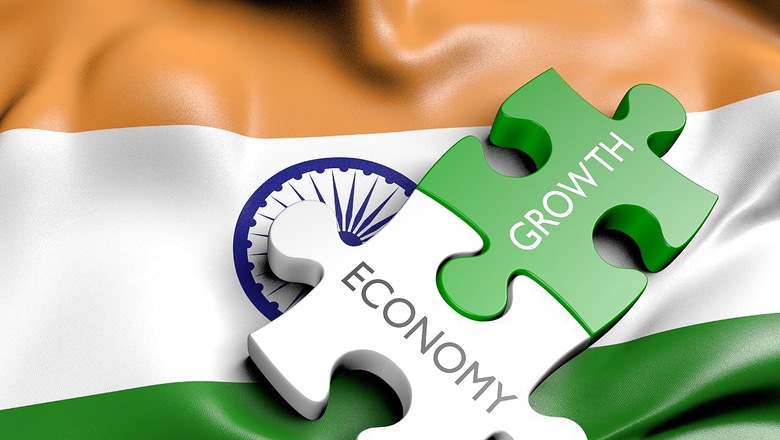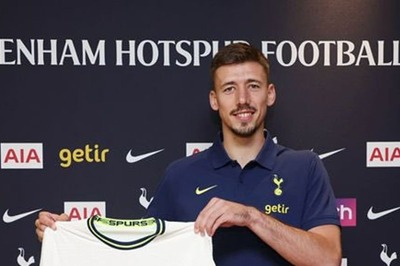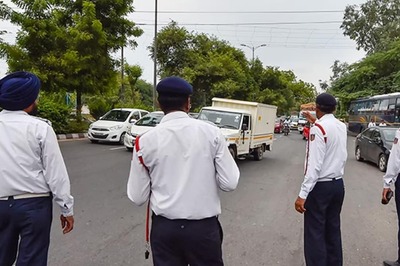
views
India celebrated its 78th Independence Day on Thursday across the country. These celebrations were not only commemorations of the country’s freedom from British colonial rule but also a positive step towards Viksit Bharat, which aims to transform India into a developed country by the 100th Independence Day celebrations. The ambition of Vikisit Bharat is to build a developed, self-reliant, and prosperous India by 2047.
Independent India’s journey began humbly in 1947, transforming into the global powerhouse it is today. Tremendous and continuous efforts for decades, bravery and determination paved the path to India’s independence. The road was marked by significant freedom movements, starting from the first war of independence in 1857, the Partition of Bengal and the Swadeshi movement to counter the divisive politics of the British, incidents like the Jallianwala Bagh massacre that led to the rise of Gandhi, the Salt March and the Non-Cooperation Movement, among others. Finally, India’s independence path culminated in the Quit India movement in 1942, succeeding in achieving Independence in 1947.
Many Southeast Asian, Middle Eastern and African countries gained independence alongside India in the 1940s. Among them, the majority failed to continue and succeed in democracy due to military coups, corruption, and bad governance. However, various governments of India have maintained a good track record of democracy in the last seven decades and won the people’s trust by delivering good governance.
Independent India has marked significant achievements in various fields. Some of them are:
- Universal Suffrage: Immediately after independence, citizens gained the right to vote and choose their government, whereas America took 150 years to grant universal suffrage.
- Railway Advancements: Indian Railways have become one of the largest and busiest transport networks in the world, operating from more than 7,000 stations. It has introduced Vande Bharat semi-speed trains and proposed bullet train projects.
- Nuclear Prowess: India became the first Asian country to develop a nuclear reactor and possessed the technology to build nuclear weapons as a deterrent.
- Space Exploration: India has demonstrated tremendous progress in space exploration. In 2008, through Chandrayaan-1, India became the first country to discover water molecules on the Moon. In 2023, the Indian Space Research Organisation (ISRO) achieved a milestone by successfully soft-landing Vikram Lander on the Moon’s south pole, making India the fourth nation in history to soft-land on the Moon.
India’s achievements in the past 77 years have been branded as soft power globally. However, numbers alone cannot capture the human spirit that has driven this progress.
But many reforms are still needed to ensure social harmony and non-discrimination in society. At the 78th Independence Day celebrations at the Red Fort in New Delhi, Prime Minister Narendra Modi stated that the government is committed to significant reforms, which are important to consider even after 78 years of Independence. These reforms, he argued, would foster progressive growth and inclusivity. He reiterated that states must ensure women’s safety and emphasised speedy investigations and punishments to restore public trust. PM Modi also advocated for a Uniform Civil Code, characterising the existing civil code as communal and divisive. Additionally, he championed ‘One Nation, One Election’ for sustainable and continuous progress, arguing that frequent elections in various states hinder development.
The prime minister also proposed bringing one lakh youth with no political lineage into politics as people’s representatives. He asserted that this move would help end casteism and dynastic politics, encouraging talented youth and fresh perspectives to join the political sphere. These reforms would ensure inclusivity and prosperity for all, contributing to building a developed India by 2047.
Furthermore, India’s rapid economic growth and development over the next two decades should be fuelled by the innovation, resilience, and entrepreneurial spirit of its people. Continuing this growth trajectory for the next two decades is crucial. India’s rich history of innovation, its wealth of ideas, and its current drive for progress are all intertwined. India’s market capitalisation could easily grow to $40 trillion in the next 20 years, driven by stronger investor confidence, robust economic growth, and a large, relatively inexpensive labour force.
People under the age of 35 account for one-third of India’s population, making them crucial drivers of sustainable economic and demographic growth. Policymaking and reforms play a vital role in ensuring prolonged economic expansion. The current leadership has demonstrated seriousness in this direction, implementing significant policies to support the growth outlook. Bankruptcy reforms, streamlining the banking sector, investment guidelines, and policies facilitating foreign direct investment (FDI) into India all mark significant progress.
The government’s Viksit Bharat vision aims to transform India into a developed country, expanding its GDP from $3.5 trillion to a $30 trillion economy by 2047. The goal encompasses not only economic growth but also social progress, good governance, and environmental sustainability. As one of the fastest-growing major economies, India is well-positioned to take advantage of global opportunities and forge beneficial economic relations worldwide. To achieve this ambition, the government must work diligently and leverage its influence to shape a global landscape favourable to India’s development.
Dr K. Venkatakrishna Rao is an Assistant Professor, IIITDM Kurnool and Visiting Fellow, India Foundation, New Delhi. Views expressed in the above piece are personal and solely those of the author. They do not necessarily reflect News18’s views.




















Comments
0 comment